We live as a company a project and an objective that involves everyone: our staff, our customers and our partners. We share values that will have an impact of social responsibility on the environment. We believe that the protection of the environment deserves great attention. Even small gestures can produce changes that benefit everyone.
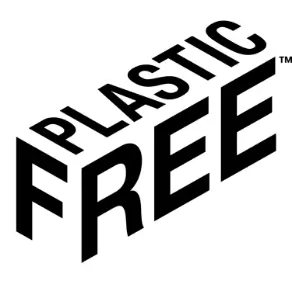
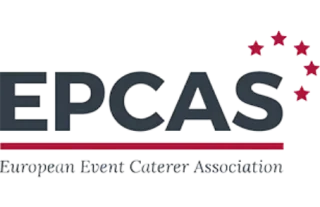
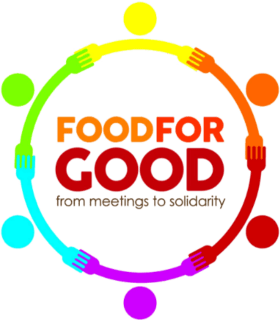
Being Plastic Free means making a concrete contribution to the reduction of pollution caused by plastics. For this reason we use single-portion tableware in glass or ceramic and compostable and biodegradable materials, without ever giving up the elegance and aesthetic care required by our customers.
In our menus we offer vegetables, cereals and legumes, trying to avoid excessive processing or refining. We prefer food at 0 km or very short supply chain, guaranteeing freshness and traceability of products.
We value the protection of biodiversity and promote local traditions and cultures. Our menus strictly respect the rhythm of nature, favoring seasonal fruits and vegetables mostly from local producers. On average, our complete proposal includes 80% of raw materials of plant origin and only 20% of animal origin.
Our equipment is also made with a sustainable approach, minimizing the impact on the environment.
The management and distribution of water during our services is one of the fundamental aspects for the realization of sustainable events. We use water dispensers to reduce the impact of CO , thus contributing to a more conscious use of resources.
We are the founders and promoters of the Ministry of Health’s program for recovering food surpluses from events, thanks to our partnership with Banco Alimentare.
Our goal is zero waste: anything that is not used will go to humanitarian organisations.
At the end of each event, the final customer will receive a declaration of donation as proof of the social value of this choice.
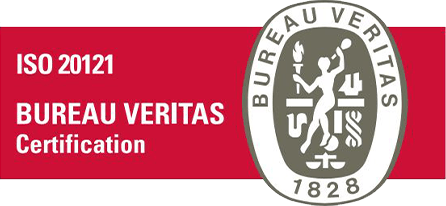
ISO 20121 is an international standard for sustainable event management. Evolution of the previous standard BS 8901, applies to any type of organization you want:
ISO 20121 means being able to organise sustainable events, managing responsibly the relationships with all stakeholders. This approach allows for an economic return that respects the ethical, social and environmental protection principles.
Compliance with ISO 20121 is a tangible commitment to the environment. The company demonstrates its responsibility through:
This results not only in a benefit to the environment, but also in significant economic savings.
This certification certifies the quality of the entire production process, guaranteeing high standards in every phase:
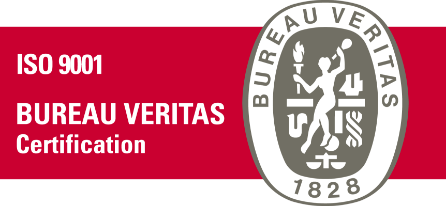
ISO 14001:2015 certification demonstrates our commitment to environmental protection throughout the production and distribution cycle.
Relates to:
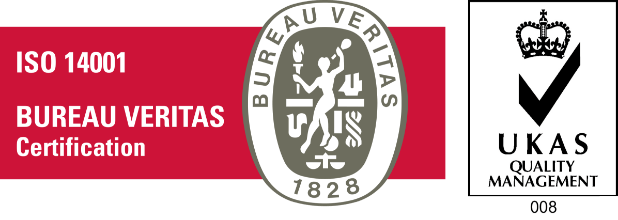
We will send you useful updates without invading your inbox.
You can unsubscribe at any time with a simple click.